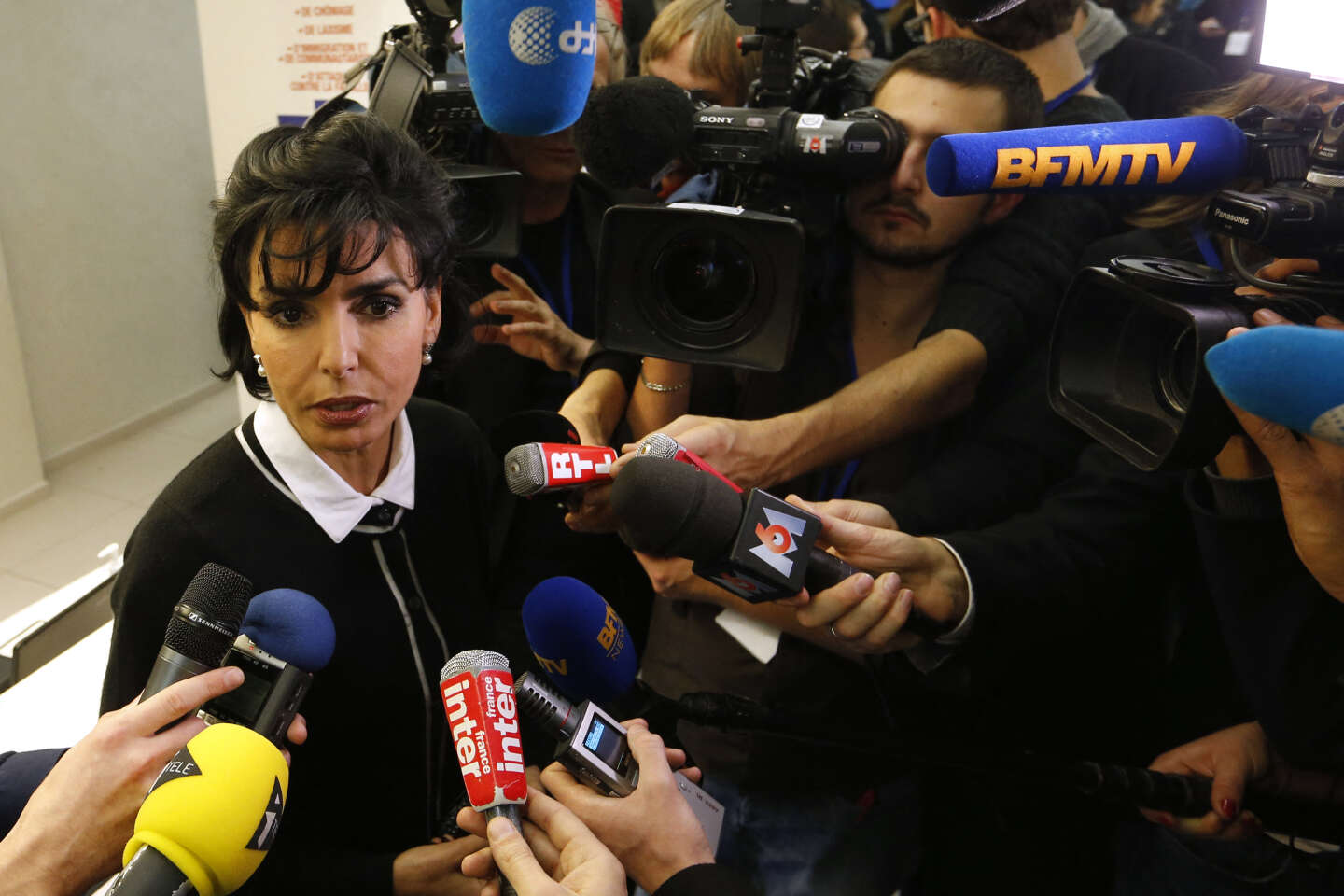


The suspension of La Provence's editorial director has alerted us. Just like the crisis at Le Journal du Dimanche – or that at Les Echos, which has now been going on for almost a year – had before it. Attacks on editorial independence have become a recurring event. Each time, consciences have woked up, and then they've gone back to sleep, yet nothing has changed.
We are concerned about the future, given the explanations given on March 19 to the elected members of the Altice group's social and economic committee (CSE) by Rodolphe Saadé, the new owner of the BFM-TV and RMC news channels. How could anyone not be alarmed at hearing Saadé say, on that occasion, that he would "not react well" and would "make it known" if a scandal concerning his group, CMA CGM, were to be revealed in a media outlet of which he was a shareholder, adding that in his view, while news exists, there is a right way and a wrong way of reporting it?
Madam minister, the only way to produce quality, verified, well-sourced and honest news is to guarantee the independence of journalists and newsrooms.
Journalists are not here to serve the personal, economic or political interests of their media outlet's shareholders. They are not here to serve a political agenda, or the government's communications strategy.
When their independence is threatened or violated, it's not the interests of a particular profession that are compromised, but public debate – and therefore the general interest. If citizens are not guaranteed access to pluralistic, high-quality news, then democratic life is undermined.
On March 21, during your testimony to the parliamentary committee investigating digital terrestrial television (DTT) broadcasting licenses, you asserted that the law sufficiently guaranteed this independence. The suspension of La Provence's editorial director the following day – which was lifted on Monday, March 25, following a newsroom strike – has proven otherwise. Moreover, a parliamentary mission has just highlighted the many shortcomings and weaknesses of current legislation (the 2016 Bloche Law). You cannot ignore this.
The right to object and assignment clauses are essential, but they are not enough. They enable journalists to protect themselves individually, to have a way out should disputes arise. Yet what will become of the citizen who reads or listens to the news once the journalists are gone and the shareholders have all the power? What kind of news will they be given? Would this guarantee their right to free and well-informed news?
The political agenda has provided you with an opportunity to take concrete and immediate action. A transpartisan bill, tabled over six months ago to protect editorial freedom for media outlets, has finally been placed on the parliamentary agenda. After being examined in committee, the bill will be debated on April 4.
While several dozen amendments have already been tabled, none have come from the government, which has shown a conspicuous lack of commitment to this bill. Yet this draft law, which would give journalists the right to approve or reject the nominations of editors-in-chief, is an important first step towards consolidating the independence of newsrooms.
Other measures will have to follow. In November 2023, the General Assembly of the Independent Press put forward "59 proposals to liberate information," outlining an ambitious reform of the press. However, the least that can be done would be to take this first step, by supporting this bill.
We insist that this is a matter of defending and protecting the general interest.
That's why we, citizens' and journalists' associations, as well as independent media outlets, who have taken up this cause, are asking you to strengthen the legislation to guarantee newsrooms' independence.
This open letter was initiated by the organizations Article 34, Un Bout des Médias, Fonds pour une Presse Libre, and Sherpa.
Signatories:
Journalists' associations (SDJ) and editors' associations (SDR) of Agence France-Presse, Arrêt sur images, Arte, BFM-TV, Blast, Challenges, Courrier International, Elle, Epsiloon, France 24, France 3 national editorial staff, Franceinfo.fr, FranceinfoTV, La Tribune, La Vie, Le Figaro, Le Monde, Les Echos, L'Express, Le Point, L'Humanité, Libération, L'Informé, Le Nouvel Obs, Le Parisien – Aujourd'hui en France, L'Usine Nouvelle, M6, Marianne, Mediapart, Premières lignes, Public Sénat, Radio France, national editorial staff of France Télévisions, RFI, RMC, RTL, "Sept à huit," Télérama.
The media outlets Disclose, Forbidden Stories, Mediapart, Mediacités, Le Courrier des Balkans, Grand Format, Au Poste, Rue89 Bordeaux, Rue89 Lyon, Rue89 Strasbourg, Reflets Info, Off Investigation, Journal Le Crestois, L'Arrière-Cour, Chabe, Mediavivant, Politis, We Report, Splann!, Afrique XXI.
Unions, collectives and associations: CFDT-Journalistes, Syndicat national des journalistes (SNJ), syndicat national des journalistes CGT (SNJ-CGT), FILPAC-CGT, Informer n'est pas un délit (INPD).
